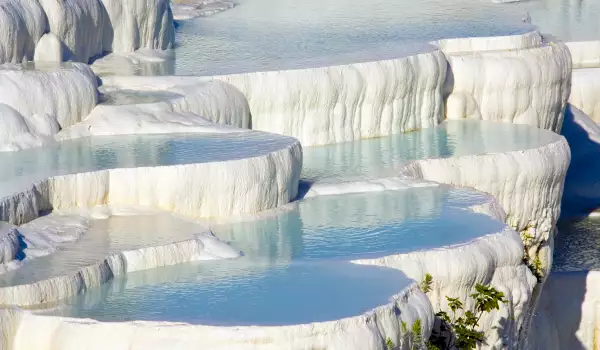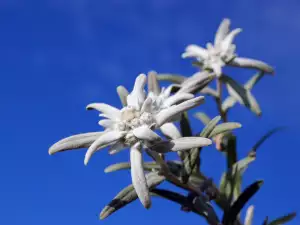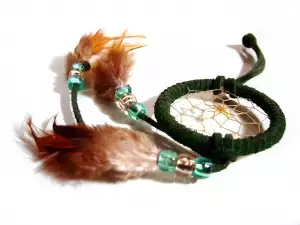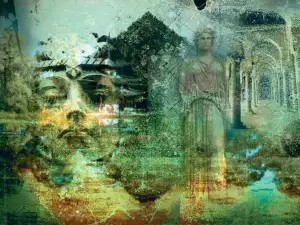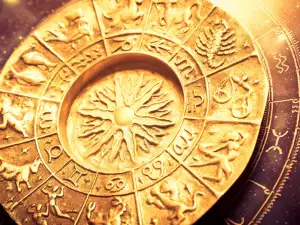In the Turkish tourist destination Pamukkale or "cotton castle", you can witness one of the grandest natural phenomena in the Balkans, for which there are all kinds of legends.
The waters in the mineral, snow-like pools of Pamukkale have been proven to cure skin and heart diseases. They treat circulatory, kidney, nerve problems and rheumatism and paralysis.
Scientific examination has shown that the water is saturated with calcium carbonate and almost everything that is submerged in it gets a white limestone coating, with any items dropped in it turning to stone within a few days.
The beliefs go that besides treating various ailments, the water gives the gift of beauty and youth to women who take a dip in the shallow pools. According to one legend, in this area in the past there lived a poor and ugly girl.
No one wanted to marry her and out of despair she decided to kill herself by jumping off one of the mineral pool terraces. But when she fell into the water, she transformed into an unseen beauty and found a worthy husband not long after.
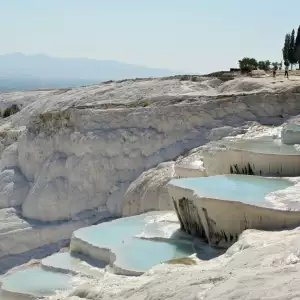
The legends say that not far from the water sources there existed temples dedicated to Apollo, Asclepius and Hygiene. In the 2nd century BC, not far from Pamukkale, the Attalid dynasty built the ancient city of Hierapolis.
It is theorized that this city was a cultural center of ancient Rome. It was devastated by 2 huge earthquakes which wiped it off the face of the Earth.
The temple of Apollo was built atop a cave filled with the deadly gas plutonium. In the past, the place was used as a rite of passage for monks.
It was believed that the holy vicars would remain alive after breathing in the fumes and to prove their superiority, they brought animals with them, which died in the cave.
It is said that Cleopatra herself bathed in one of the pools of Pamukkale and tourists have the opportunity to take a dip in those same waters after paying the sum of 20 Turkish lira.
Bathing in the other pools is completely free but several of the terraces are off-limits since they are way too delicate.
